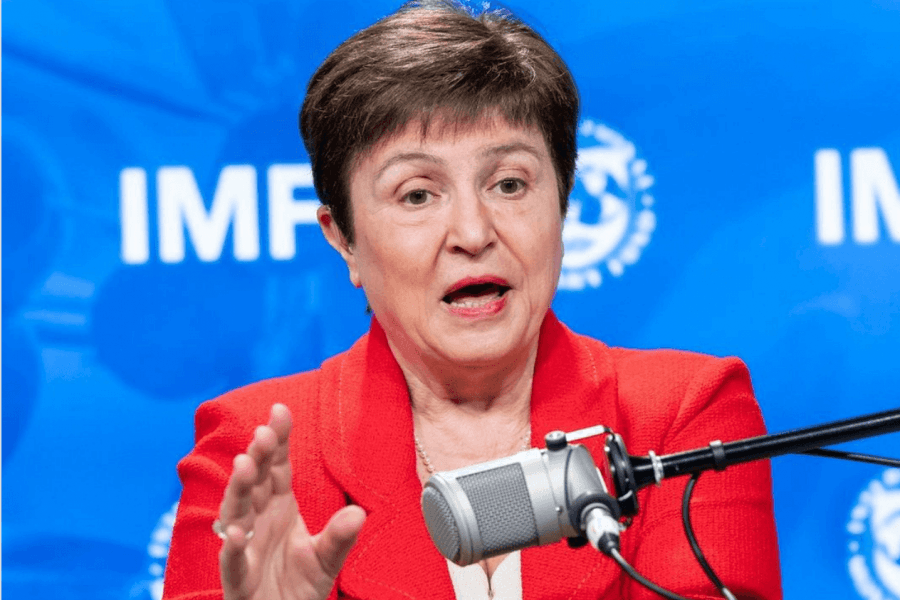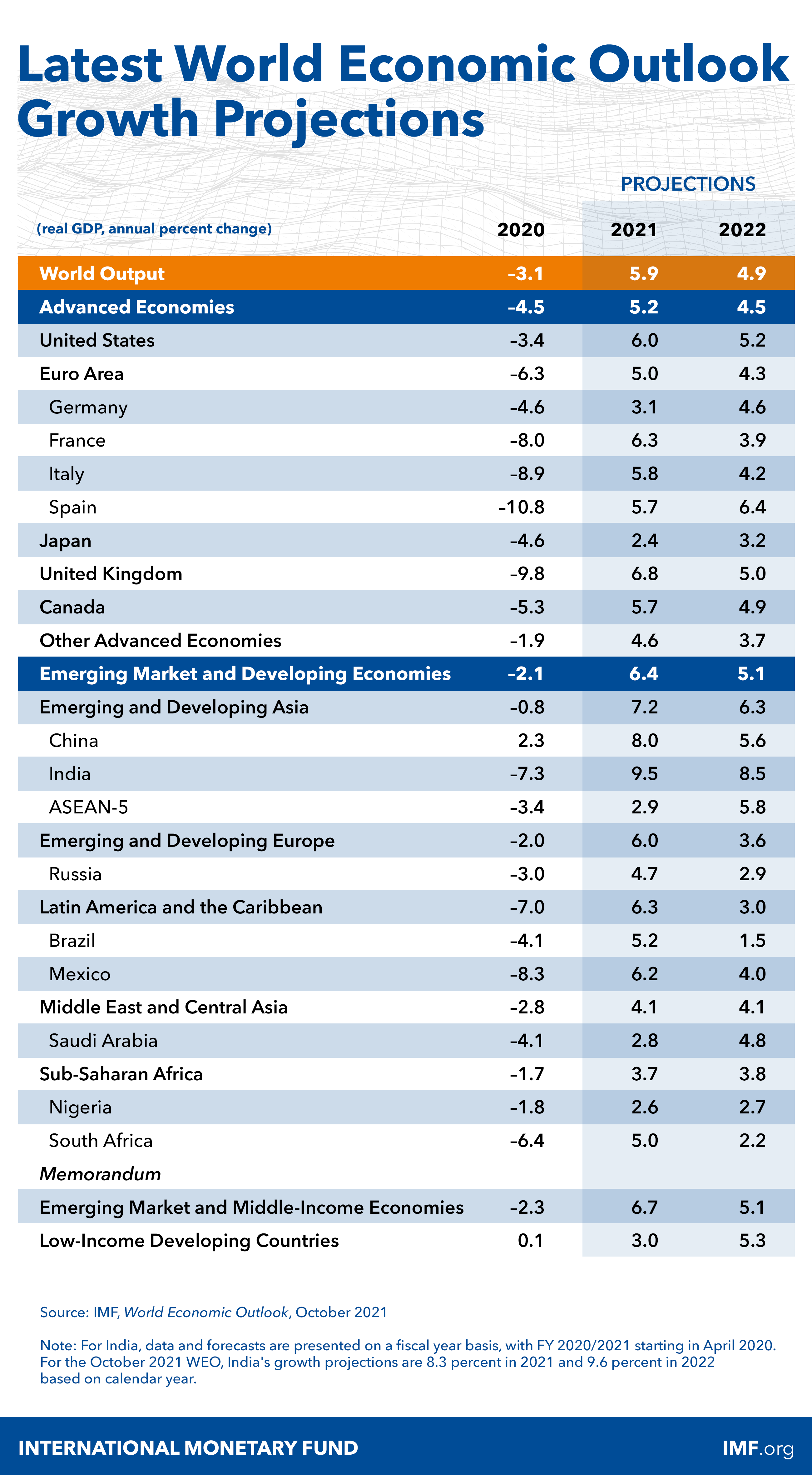IMF Warns of Higher Inflation, But Central Banks Shouldn’t Tighten Yet

The inflation seen in major developed countries at the moment is “transitory” and will subside to 2% in advanced economies by mid-2022. But before that, a peak in inflation is expected during the final months of this year, the International Monetary Fund (IMF) said today.
According to their new report, central banks around the world should “generally look through” the currently elevated inflation numbers, and not tighten monetary policy “until there is more clarity on the underlying price dynamics.”
The recommendation from the organization not to act on the currently elevated inflation could be good news for hard assets like bitcoin (BTC), which is expected to thrive in inflationary environments.
However, the Fund also noted that central banks should be prepared to act quickly if inflation moved higher than expected. It made it clear that inflation risks are “skewed to the upside” in the US in particular, while inflation dynamics in Japan and the euro area “remain weak.”
“In settings where inflation is rising amid still-subdued employment rates and risks of expectations de-anchoring are becoming concrete, monetary policy may need to be tightened to get ahead of price pressures, even if that delays the employment recovery,” the IMF said.

Looking at projected growth figures for the world, the IMF said that the chance that their growth forecast is off is “tilted to the downside,” with lower growth in other words being a real risk. For several major developed economies, including the US, UK, Japan, Germany, and Canada, the Fund cut its growth forecast for this year, but lifted it for 2022.
Among the countries that had their growth forecasts cut, the estimated growth in the US was cut by a full percentage point to 6%, with “supply constraints” cited as the main reason. For next year, the forecast was lifted from 4.9% to 5.2%.

Further, the IMF estimated that gross domestic product (GDP) numbers in advanced economies will get back to their pre-pandemic level in 2022. For 2024, the fund said the level could even be exceeded by 0.9%.
Lastly, the fund, led by Bulgarian economist Kristalina Georgieva, stressed that currently “stretched asset valuations” meant that investor sentiment in financial markets could shift quickly. As examples of what types of events could trigger a shift in sentiment, the IMF listed negative news on the pandemic, the US federal debt ceiling, or China’s struggling property sector as potential triggers.
____
Learn more:
– Bitcoin Price to Face Another Test as Central Banks Eye Rate Hikes
– The World Without Inflation – Jeff Booth & Andrew Yang
– IMF: Issue CBDCs, Improve Cross-border Payments to Counter Crypto’s ‘Phenomenal Growth’
– IMF Says Making Bitcoin a National Currency is an ‘Inadvisable Shortcut’
– How Bitcoin & Crypto Might Help Ease Wealth Inequality (Without Miracles)
– How Traditional Finance World Could Cause Traditional Global Financial Crisis




